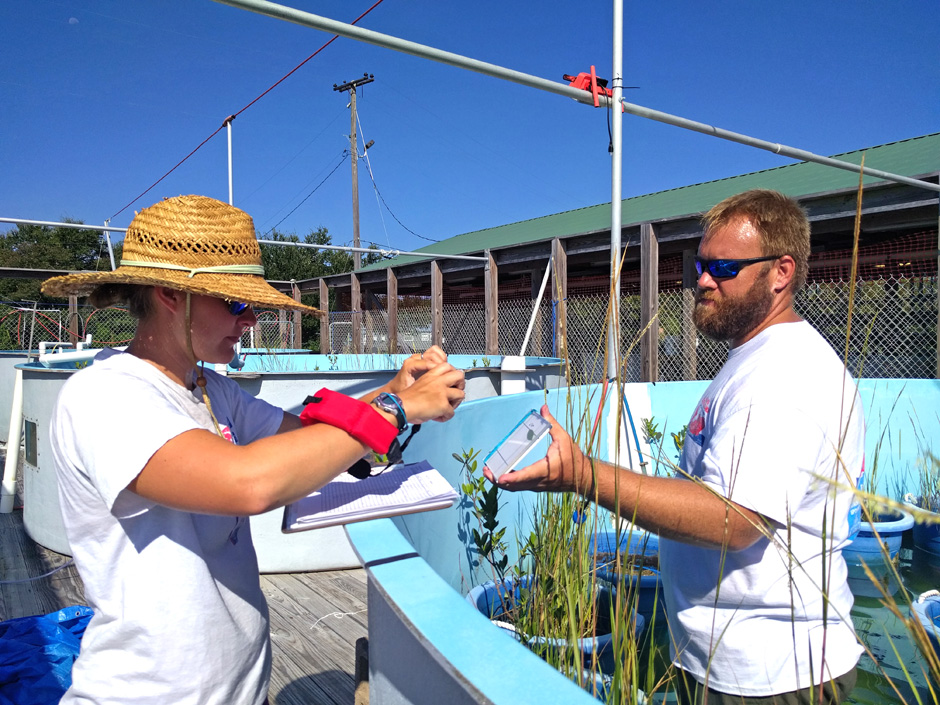Posts for tag "Deepwater Horizon"
Exploring the Link between Biodiversity and Species’ Recovery After Oil Spills in the Gulf of Mexico
The ACER study utilized many types of data to explore the relationship between biodiversity and resilience for Gulf Coast flora and fauna following the Deepwater Horizon disaster. Biodiversity study subjects were from a wide range and included...
- Posted September 3, 2019
Oil Biodegradation Slower in Darker, Colder Waters
Research into the speed of oil biodegradation under deep water conditions shows that darker, deeper waters slow oil degradation and microbial activity.
- Posted October 10, 2018
After Deepwater Horizon, Oil Dispersants Limited Natural Hydrocarbon Consumers
A study led by scientists at the University of Georgia finds that dispersants used after the Deepwater Horizon disaster limited natural oil-eating microbes.
- Posted November 13, 2015
Scientist: Studying Deepwater Horizon Effects Difficult Due To Lacking Baseline Data
In a press release from the University of Georgia, a professor lays out some ways in which studying the Deepwater Horizon oil spill and other disasters impacting the environment is currently difficult due to a lack of...
- Posted August 13, 2015
Looking back five years after Deepwater Horizon and the BP oil spill
The Environmental Monitor didn’t even have a website when the Deepwater Horizon oil rig exploded five years ago this week, killing 11 workers and leaving behind a gushing well that led to the largest-ever oil spill in...
- Posted April 24, 2015






